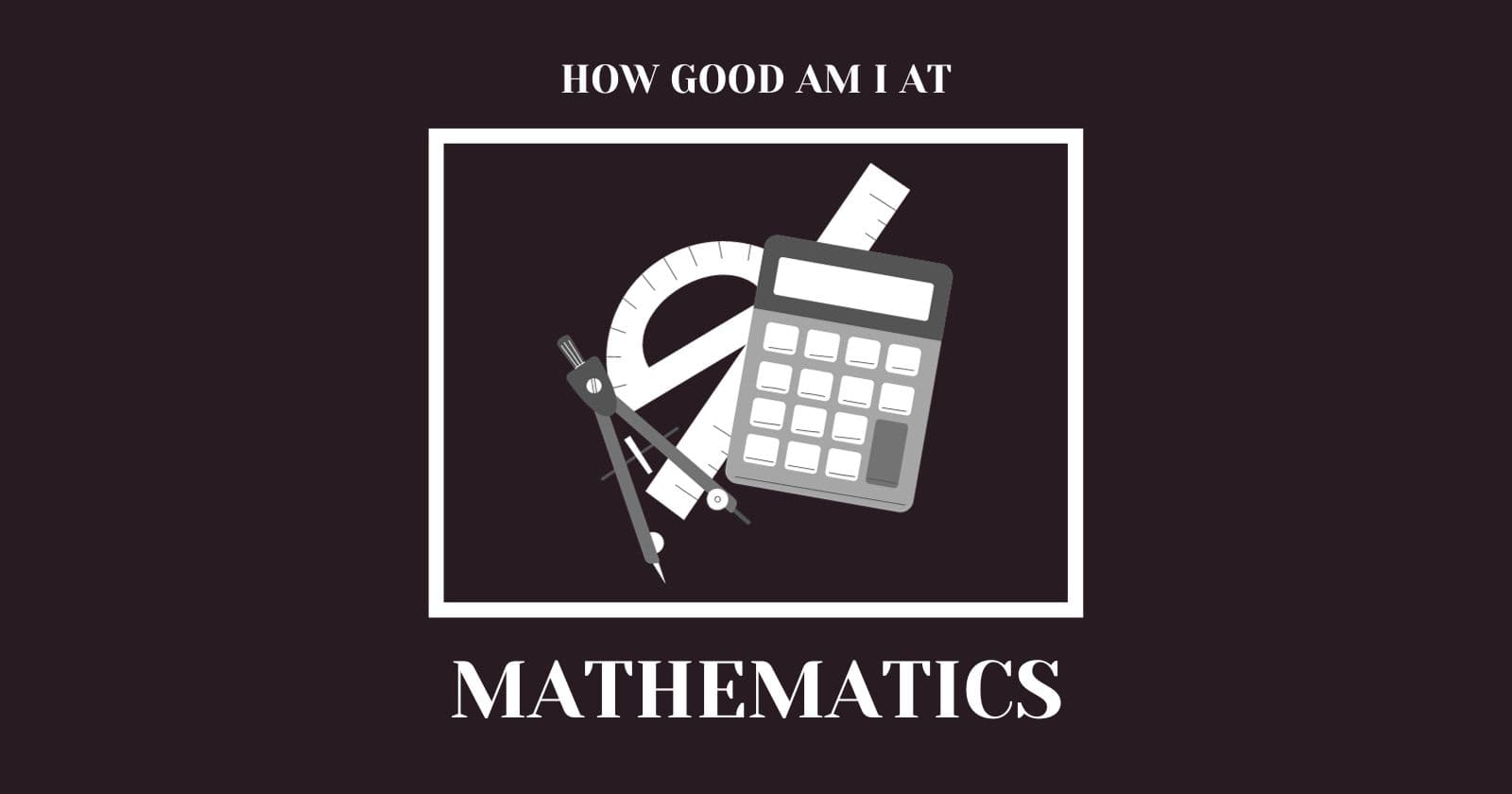How Good Are My Math Skills?
November 11, 2023 • 3 min read
Debunking Myths: Math and IT
Hey there, fellow self-learners and curious minds! My name is Alex Cloudstar and I just really like to debunk myths. Here’s a common one, the relationship between maths and IT. Can you become a software developer without knowing The Pythagorean Triple Theorem?
As someone who's always been drawn to self-education and tinkering with different subjects, I'll take you through my own experiences and insights on this matter.
Once upon a time, I was convinced that the IT field had everything, if not something, to do with math. I mean, it's right there in the name: Information Technology. It seemed logical that I'd have to be a math wizard to hack it in the world of coding, networking, and all things tech-related. So, I rolled up my sleeves and decided to give it a go.
However, the more I delved into the IT world, the more I realized that the connection between mathematics and information technology wasn't as straightforward as I'd initially thought. In fact, it's a lot like searching for a hidden treasure where the map you've got is a bit misleading.
Sure, there are areas within IT where math plays a significant role. Concepts like data science, cryptography, and some specialized programming fields like game development require strong mathematical foundations. I just stayed really far away from them at first. But the vast majority of IT-related tasks don't necessitate solving differential equations or proving mathematical theorems.
The reality is that most everyday IT work, from troubleshooting software issues to setting up a Wi-Fi network or maintaining a website, doesn't require advanced math skills. It's more about problem-solving, logic, and understanding how different systems work together. Think of it as putting together a puzzle where the pieces are made up of algorithms and logical structures, not complex mathematical equations. I can't even tell you how many times I missed a piece of the puzzle... but oh well, I'm not here to complain.
One of the primary areas where math meets IT is in the realm of algorithms. Algorithms are like recipes for computers – they tell the machine what steps to follow to achieve a specific task. While designing and optimizing algorithms can be a mathematical endeavor, it doesn't mean you need to be a mathematical genius to write functional code. It's more about understanding the logic behind the algorithm and being able to translate that into code.
In essence, the IT field values problem-solving skills, adaptability, and the ability to think critically. Having a strong math background can certainly be an advantage in certain niches, but it's by no means a barrier to entry for those who may not feel as comfortable with math.
So, how good are my math skills, you might ask? Well, the answer is, "It doesn't really matter." (Ok fine I’m not good at all). The IT world is open to a diverse range of talents and backgrounds, and you can excel in it regardless of your mathematical prowess. What truly matters is your dedication to learning, your passion for technology, and your ability to adapt and evolve with the ever-changing landscape of the industry. Take it from me, I’m still here and I’m doing pretty good.
In conclusion, while I started my self-learning journey in the IT field thinking math was the key to success, I've come to understand that it's more about the art of problem-solving and logical thinking. Don't be discouraged if you're not a math whiz; there's a place for everyone in the world of IT. So, go ahead, embrace your unique talents, and dive into the exciting world of information technology – it's a fantastic journey, math skills or not!
#Math #IT #selflearning #algorithms
